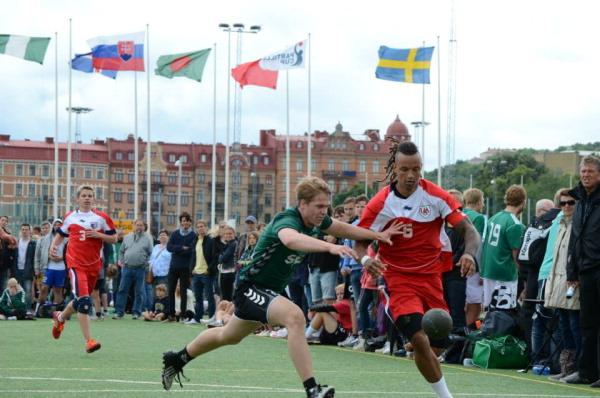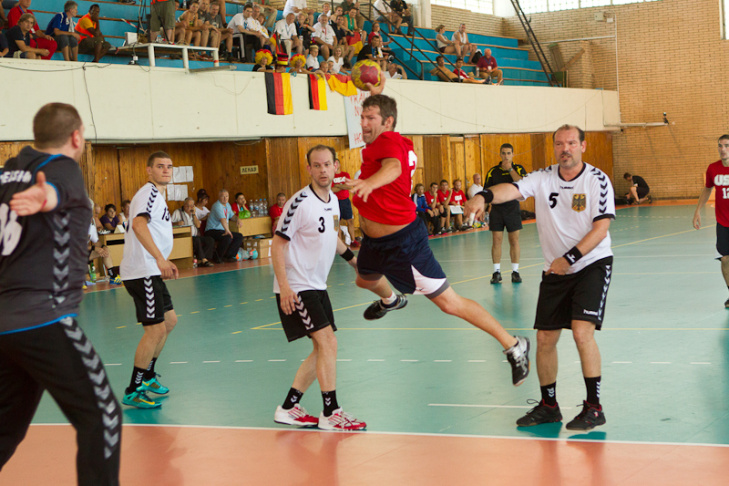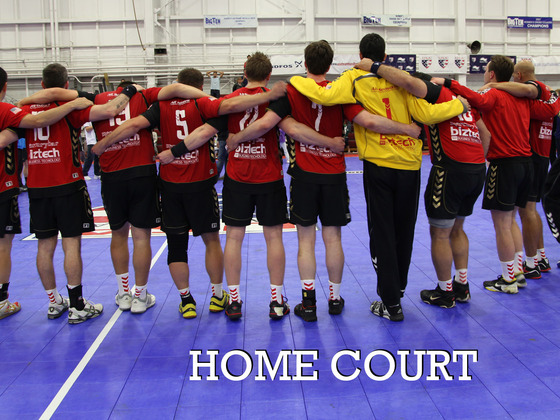Gerd Butzeck, the Managing Director of Group Club Handball (GCH), gave an interesting interview in handball-world.com recently, touching on a broad spectrum of current issues. http://www.handball-world.com/news-index.php?LID=1&GID=1&auswahl=28020
I find that I very often tend to agree with the views and ideas that Gerd brings out, either as a spokesperson for GCH or as a handball observor. This time I can appreciate most of his points, but there is one area where I am not so sure that he is coming up with the best arguments in order to get opponents or neutral observers on his side.
Gerd Butzeck is commenting at length about the progress the GCH and the broader grouping FCH (Forum for Club Handball) has made, primarily in negotiations with the EHF but gradually perhaps also with the IHF, regarding compensation and insurance issues. ‘Teamhandballnews’ has reported about these developments extensively in the past. Gerd also comments on the burden on the clubs caused by the substantial aggregate amount of time that the top players spend in a year with their respective national teams. This brings the interview to the question of the competition calendar. And this is where I am concerned about some of his statements on the competition calendar, and also about some things he is [u]not[/u] saying.
Quite naturally, as a representative of clubs, he is arguing in favor of a reduction in the number of ‘big events’, meaning the Olympic Games, the two World Championships and the two Continental Championships in each four-year period. He argues for eliminating 1 WC and 1 EC, so that there are only 3 major events ever four years. To me, this seems drastic and sounds like some kind of ‘bargaining position’. But when he comments on the expected reaction to such proposals, he makes an argument that I consider to be both tactically and factually wrong. He essentially says: “it is all about money”. Of course, the TV and advertising revenues for a major championship is a really major consideration. But, especially as someone who is used to looking at these matters from a European perspective, he overlooks other considerations.
[b]Impact for non-European nations[/b]
In Europe there is the Champions League and the other EHF club events, which do not have any serious equivalents in other continents. Similarly, the European Championship, which in Europe is often described as a tougher event than the World Championship, really creates a level of interest in Europe that cannot at all be matched by the championships in the other continents. What the top countries in the other continents really want is the opportunity to compete directly against the European nations. In other words, for all practical purposes non-European nations are already down to three ‘big events’ in each four-year period. They certainly do not want to lose one of those.
[b]Loss of propaganda value[/b]
Moreover, for these countries, and also for many European countries, money is not the only concern. The ‘propaganda’ value of the ‘big events’ is enormous, especially of course if one manages to qualify for participation, but also as a spectator and TV event. It is fair to say that the entire handball family, including the clubs, benefit from this. So I understand Gerd Butzeck’s objectives, but be careful with the arguments used and the arguments overlooked!
[b]Not all club matches are of the highest value either[/b]
Also, I hope the objective of the discussions regarding the competition calendar is not just about a shift in the balance between clubs and federations, but also about the health and well-being of the players. But even though Gerd represents club interests, I think he would sound more credible on this point if he occasionally pointed out that the clubs themselves waste the energy and the health of the players on games that are useless, except in one respect: ‘it is all about the money’ that they bring into the coffers of the clubs.
Finally, I have had a dialog with Gerd Butzeck over the years about different competition formats that would lessen the impact that major competition have on the big teams and the top players. I hope he will pursue this aspect also.










